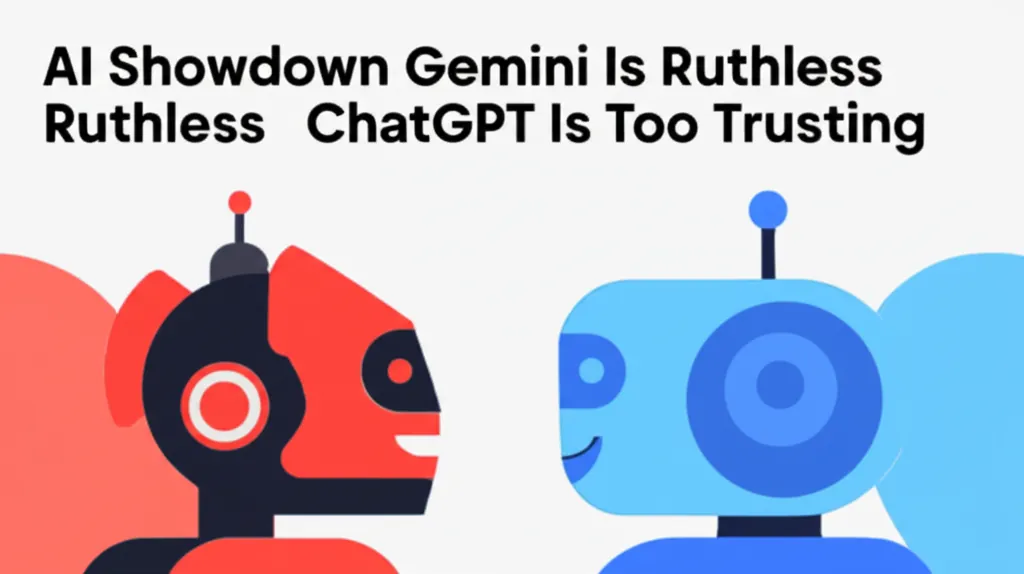Developer Offer
Try ImaginePro API with 50 Free Credits
Build and ship AI-powered visuals with Midjourney, Flux, and more — free credits refresh every month.
How San Jose Is Pioneering AI in Public Service
San Jose Embraces AI to Modernize City Governance
In a forward-thinking initiative, the city of San Jose is making a significant push to integrate artificial intelligence into its core operations. Led by Mayor Matt Mahan, the city is championing tools like ChatGPT to revolutionize public services. The core message is one of empowerment, not replacement; the goal is to free public workers from repetitive tasks and elevate the quality of service for San Jose's one million residents.
Investing in an AI-Powered Workforce
The city is putting its money where its mouth is, with an initial investment of $35,000 for 89 ChatGPT licenses. More importantly, it has begun a comprehensive training program to equip 1,000 city employees—nearly 15% of the total workforce—with the skills to use AI effectively. The potential applications are vast and varied, including:
- Drafting official speeches and budget documents
- Responding to resident inquiries and complaints
- Optimizing public bus routes for better efficiency
- Assisting with criminal investigations through advanced camera analysis
Leading by Example with Cautious Optimism
Mayor Mahan is personally leading the charge, openly using ChatGPT to assist with his own speechwriting and budget preparation. His approach is grounded in a philosophy of transparency and iterative improvement: "Be transparent, try new things, and fix what doesn’t work." He also issues a critical reminder about the technology's limits, cautioning, “You still need a human being in the loop. You can’t just kind of press a couple of buttons and trust the output.”
This human-centric approach is already yielding impressive results. Andrea Arjona Amador, who leads the city's electric mobility programs, successfully used ChatGPT to help draft a complex 20-page grant application. The AI streamlined the process of synthesizing large amounts of data, contributing to the city securing a $12 million grant for new EV chargers.
Setting a Precedent for Public Sector AI
By emphasizing human oversight, San Jose has so far managed to avoid common AI pitfalls, such as the generation of false information or "hallucinations" that have created problems for other organizations. This measured strategy is gaining attention as the trend of AI adoption in government grows. Across the bay, San Francisco's Mayor Daniel Lurie recently announced similar plans to provide Microsoft Copilot access to 30,000 city workers.
As more municipalities explore the potential of AI, San Jose's experiment—a blend of bold innovation, practical guardrails, and a commitment to transparency—is emerging as a potential blueprint for cities nationwide.
Compare Plans & Pricing
Find the plan that matches your workload and unlock full access to ImaginePro.
| Plan | Price | Highlights |
|---|---|---|
| Standard | $8 / month |
|
| Premium | $20 / month |
|
Need custom terms? Talk to us to tailor credits, rate limits, or deployment options.
View All Pricing Details

